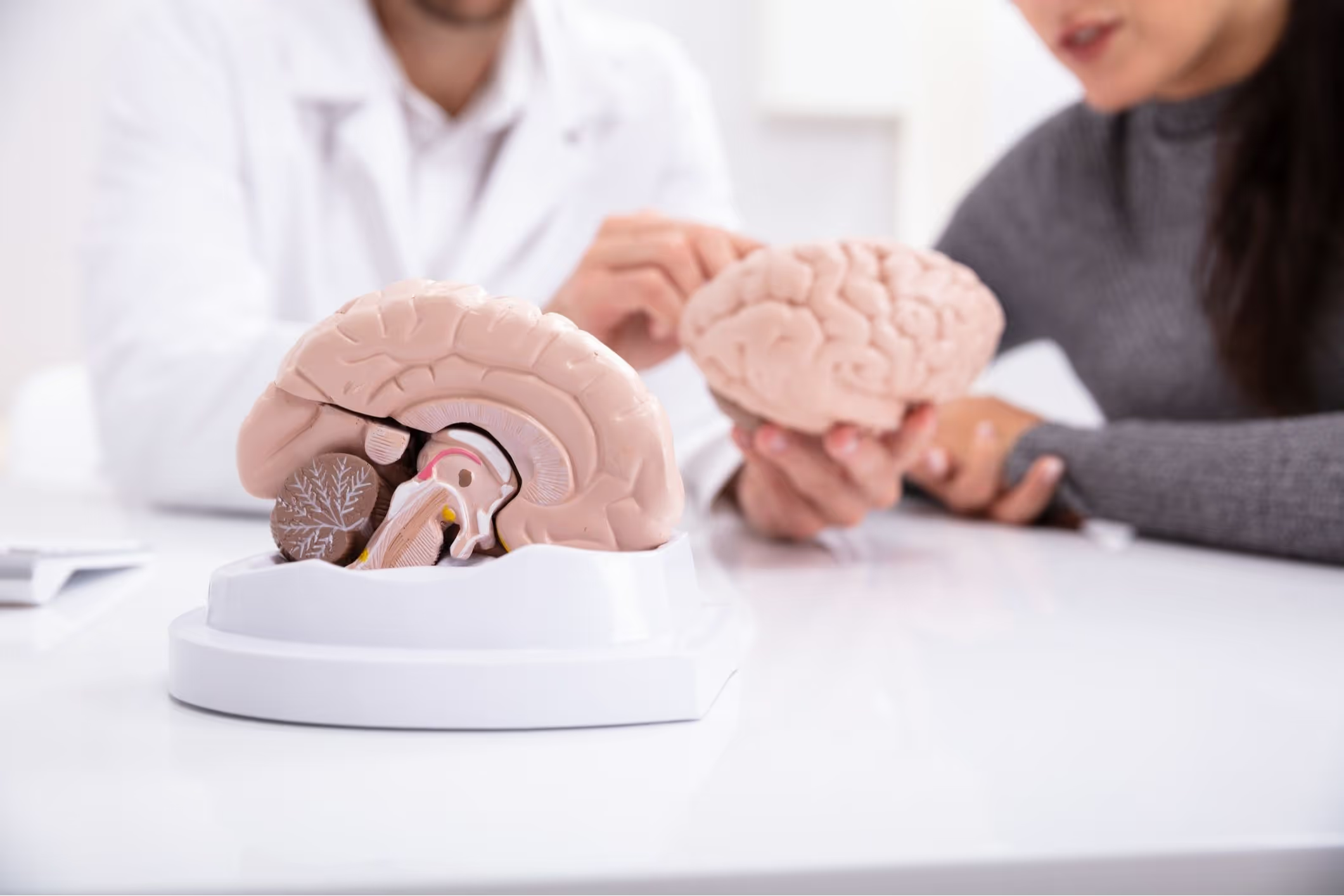Testing for a Traumatic Brain Injury
Testing for a Traumatic Brain Injury

.webp)

Medical professionals use many forms of testing for traumatic brain injuries. Severe brain injuries are usually obvious. The TBI sufferer may end up unconscious or in a coma. However, less chronic injuries are typically difficult to diagnose.
A brain injury may not be evident in the hours or days after your accident. However, brain injury sufferers often experience more acute symptoms a few days after a blow to the head.
If you believe you have symptoms of a traumatic brain injury, see a medical professional and ask for tests. Failure to act can make the symptoms more acute. You can also talk to our Virginia brain injury lawyers. It’s important to establish proof of a brain injury if you are filing a claim against the driver or another party who caused an accident. We will build a case for you.
The Most Common Tests for a Traumatic Brain Injury
The medical profession uses many tools to assess and diagnose traumatic brain injuries. They include the following.
X-Rays
An X-ray can pick up obvious injuries like a skull fracture in a child. However, most brain injuries require more in-depth tests and medical examinations.
CT scans
CT (computerized tomography) scans provide more detailed images than X-rays. CT scans are often used in medical emergencies. Doctors use them to diagnose acute and life-threatening problems that require emergent treatment such as surgery.
The CT scan is both fast and widely available. It is very effective in detecting bleeding in and around the brain, known as hematomas. CT scans are also used to diagnose brain swelling (edema), which may require emergency surgery.
CT scans use X-ray images taken from different angles of your head. The medical team creates cross-sectional images (slices) of blood vessels, bones, and soft tissues.
Although CT scans give doctors more detailed information than standard X-rays, their ability to detect the widespread microscopic injury to nerve fibers associated with more subtle brain injuries are limited.
MRIs
Many people are unaware of the differences between CT scans and MRIs. Magnetic resonance imaging uses radio waves while CT scans use X-rays.
MRIs use radio frequencies that bounce off fat and water molecules in your body. The radio waves are transmitted to a receiver in the machine. This is translated into an image of the body that can be used as a basis for diagnosis.
Both CT and MRI techniques allow doctors to show evidence of injuries at a microscopic level.
MRIs have become increasingly sophisticated. They can now be used to visualize the effects of brain injuries such as concussions and TBIs. Previously MRIs could only pick up significant damage to the brain.
A new technique can now be used in which a dye is injected into the brain. It can reveal tiny holes and damage to the membrane coverings of the brain and spinal cord caused by a concussion.
PET Scans
PET (positron emission tomography) scans are imaging tests that doctors use to check for diseases including those affecting the brain.
Doctors inject a special dye containing radioactive tracers into the patient’s body. These tracers can be inhaled, swallowed, or injected into a vein in the patient’s arm depending. The tracer is absorbed by certain organs and tissues.
The tracers allow doctors to see how well your organs and tissues are working. A PET scan can diagnose brain disorders including problems with the central nervous system. Areas of disease can show up as brighter spots on the PET scan.
Your doctor will examine your PET scan to see how your brain is working and check for abnormalities.
Neuropsychological Assessments
Doctors use neuropsychological assessments to assess cognitive issues like the levels of a patient’s understanding and comprehension after a head injury
The tests entail giving the patient various tasks to assess his or her level of understanding. The neuropsychologist typically reviews the case history and hospital records of the patient, and interviews family members.
Details of behavior before the accident are compared to behavior after a traumatic event. The neuropsychologist will seek to gain a picture of how the injury is likely to affect the victim’s life.
The Glasgow Coma Scale
The Glasgow coma scale is used by medical professionals to assess how seriously a traumatic brain injury affected a patient.
The Brain Injury Association of America states clinicians use three tests to give patients numbers that indicate the seriousness of their injuries. An assessment is usually made soon after an injury. Typically, the Glasgow Coma Scale is associated with serious brain injuries.
GCS scores range from 15 to three. The lower the number, the more serious the brain injury.
Doctors test motor response, eye opening, and verbal response. A score of 1 equates to no response. Patients with higher scores can follow commands, converse, and have natural eye opening.
Contact a Virginia Brain Injury Lawyer
Brain injuries are complicated. They are costly to diagnose and often require months or even years of medical care. Not all attorneys are able to deal with these cases or take them all the way to trial. At the Smith Law Center, attorney Stephen Smith is an internationally recognized expert in traumatic brain injury litigation, with four decades of experience with brain injury cases. Please contact our trial lawyers today for a free consultation.
About Smith Law Center










